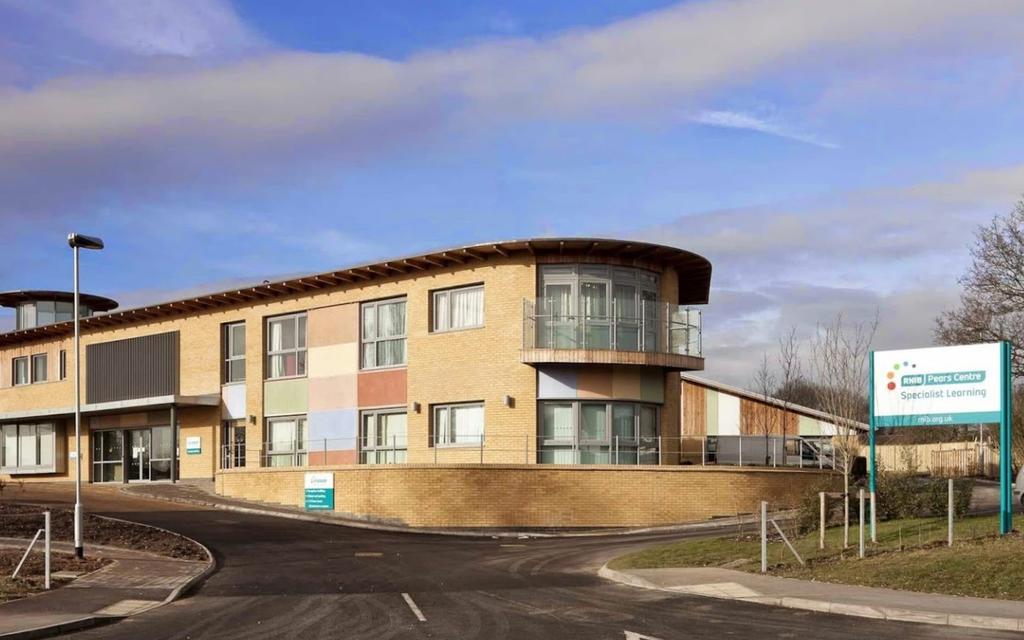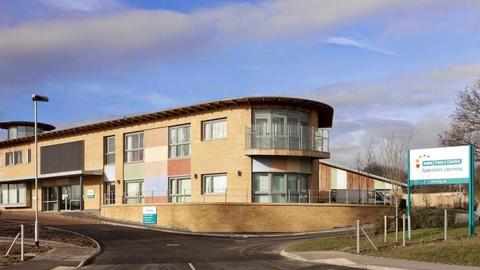The Royal National Institute of Blind People – What can we take from the Pears Centre investigation?
13 July 2020 | By Nye Greenfield
What should organisations do in order to prevent governance and safeguarding breaches occurring?

In April 2018, the Charity Commission opened an investigation into the Royal National Institute of Blind People (RNIB) amidst the voicing of concerns of malpractice at one of the organisation’s specialist sites, the RNIB Pears Centre for Specialist Learning, near Coventry. The Centre served as a specialist learning facility, providing care and education to visually impaired children with a variety of complex needs.
The Investigation
After a series of regulatory breaches and safeguarding incidents at the Pear Centre, Ofsted, the inspector and upholder of educational standards, decided to cancel the RNIB site’s registration. This decision was taken after Ofsted unearthed a number of concerning practices by the RNIB in relation to the running of the Pears Centre, including failure to ensure Centre staff were qualified, errors in the administering of medication and the lack of an effective safeguarding strategy. The issuing of Ofsted’s notice of intention to cancel the Centre’s registration, combined with the highly publicised and alarming failures of the RNIB, prompted an inquiry from the Charity Commission.
Having met with representatives of the RNIB, the Charity Commission expressed concern about the governance and oversight of safeguarding matters at the Centre and more broadly, within the charitable group.
The third in a series of recent investigations into large charities, following those into Oxfam and Save the Children, the Charity Commission opened a Statutory Class Inquiry into the RNIB on 29th March 2018. The investigation looked at the following issues:
- To what extent the Trustee of the RNIB Charities had taken and are taking reasonable steps to protect their beneficiaries at the RNIB Pears Centre from harm.
- How sufficient the governance, oversight and management of the charities’ safeguarding procedures, including liaison with and reporting to relevant statutory agencies, and in particular at the RNIB Pears Centre, the provision of regulated activities to vulnerable and high-risk beneficiaries.
- To what extent all relevant safeguarding incidents since the beginning of 2015 have been reported to the Commission, in accordance with its serious incident reporting criteria applicable from time to time.
In addition to the Charity Commission inquiry, there were three other investigations into the RNIB by Ofsted, the Care Quality Commission and an Independent Review. The three investigations led to the Charity Commission concluding that there were ‘systemic shortcomings,’ at the RNIB in relation to its capability to manage complex and specialist care needs at the RNIB Pears Centre, the safeguarding governance and management of RNIB’s regulated activity estate of specialist care and educational centres, and RNIB’s broader corporate governance, which did not adequately address the complexity, scale, nature and associated risks of the charity’s activities and disparate group structure.
Alert for Charities
On 25th June 2020, the Charity Commission published its report into the RNIB. Furthermore, it also released an alert to other charities, informing them of the importance of transparency and accountability with regard to governance.

The alert contains guidance for organisations with an annual income over £9,000,000 that provide frontline services, and which have complex governance and management structures.
The alert details a number of important learnings which can be extrapolated from the RNIB investigation and applied to other organisations, in order to prevent the same governance and safeguarding breaches occurring again. The alert contains the following key lessons from the scandal:
- ‘Ensure there is a strategy for regular and effective communication with executives about the charity’s purposes, values, work and achievements,’
- ‘Regularly review the charity’s process for identifying, prioritising, escalating and managing risks. Review the effectiveness of the charity’s approach to risk at least every year,’
- ‘Review whether your charity’s governance and management committees have suitable terms of reference and membership, with suitably skilled people, and the extent to which they have effective oversight of the charity’s activities. Make sure there are clear lines of responsibility and reporting between all bodies involved,’
- ‘Ensure that there is a transparent, well-publicised, effective and timely process for making and handling a complaint. Handle any internal or external complaints constructively, impartially and effectively.’
What can we learn from this?
Whilst the RNIB is an extremely large charity, with an annual income in excess of £106,000,000, its existence was threatened hugely as a result of the various investigations into it, and the resulting bad press it received in the wake of the scandal. After an unsuccessful effort to turn around the Pears Centre, the RNIB has spent £5,500,000 of its reserves in order to pay off the residual debt, and lost £31,000,000 on the Centre alone.
This illustrates that all charities are susceptible to flaws in relation to governance and safeguarding, and these failures can bear tremendous costs, both human and financial. As such, it is important that smaller charities too, especially those that work with vulnerable people, ensure that their governance models are proficient in facilitating effective leadership, and that safeguarding measures are properly integrated within the organisation. For Charities of this type, the Charity Commission recommends that organisations:
- Establish effective safeguarding frameworks that all individuals within the organisation follow. It is important that Trustees, staff and volunteers experience regular training on the safeguarding policies, and that risks can be successfully managed and recorded.
- Ensure there are sufficient resources, including appropriately skilled and trained staff/volunteers/Trustees, for safeguarding and protecting people.
- Where relevant, appoint a senior safeguarding lead to help co-ordinate and drive your safeguarding strategy, and who can engage with other agencies and partners. In addition, organisations should also: create a plan for responding to overseas concerns; embed a ‘speak up’ culture; clearly outline the process of reporting, investigating and managing misconduct with clear and proportionate consequences.
- When working with or through other bodies, have appropriate safeguarding procedures in place with clear lines of responsibility, reporting, and escalation.
- Regularly review the sufficiency of your charity’s arrangements for safeguarding and protecting people that come into contact with the charity.’
Cases such as the RNIB, Oxfam and Save the Children illustrate the vulnerability and fallibility of all Charities, regardless of size to shortcomings in effective governance and safeguarding practice. It is clear that to avoid future breaches, organisations must first identify and create a coherent governance and safeguarding strategy, including a clear outline of how to respond to and manage possible incidents. All members of the Charity must be fully conversant in the organisational approach, and it needs to be fully integrated and embedded at all levels of the hierarchy. This is of paramount importance, especially for those working with vulnerable beneficiaries.
What is your organisation’s approach to governance and safeguarding? Are all of your staff aware of it?
#ConversationsThatMatter



